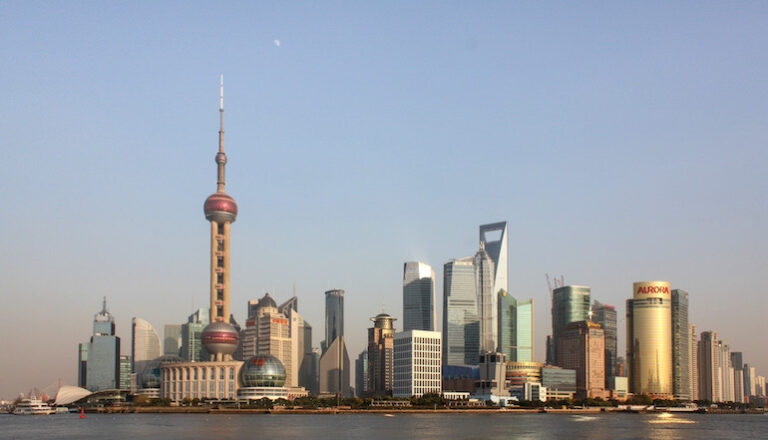Round Up: #Brexit, Apple’s E-Book Settlement, and Barnes & Noble’s Tough Year
From #Brexit to Barnes & Noble’s major financial hit, here are some of last week’s most important literary stories:
-
This past week, the United Kingdom voted to leave the European Union. The referendum (often referred to as “Brexit”) took place on June 23; before the vote, The Bookseller polled more than 230 members of the publishing industry to get their thoughts. Those polled included publishing executives, literary agents, journalists, and writers. An overwhelming 78% of the respondents felt that the UK should remain in the European Union. Sixteen percent of the respondents stated that they had some sort of contingency plan in place if the UK decided to leave, and 12% estimated that Brexit would have “catastrophic” consequences for their enterprise. Outside of the poll, author’s like JK Rowling have chimed in. Rowling described Brexit as being “one of the most divisive and bitter political campaigns ever waged.”
-
If you purchased an e-book between April 2010 and May 2012, you might have received a credit in your Amazon, iTunes, Barnes & Noble, and/or Kobo account this past week. Following a court ruling that found Apple guilty of conspiring to fix e-book prices, Apple has been ordered to pay $400 million in reimbursements. Several major publishers, including HarperCollins and Simon & Schuster, were also incriminated in the case, but settled in 2014, agreeing to pay $166 million in settlements. For every e-book purchased, customers will receive a $1.57 credit, unless the e-book was a New York Times bestseller, in which case they will receive a $6.93 credit.
-
Barnes & Noble released its financial statement for fiscal 2016 year this past week, and it appears that the bookseller has taken hits. Barnes & Noble’s total revenue has dropped by 3.1% over fiscal 2015, with a net loss of $24.4 million. Contributing to the loss are store closures and decreases in online and Nook sales. This comes not long after the announcement that longtime head and executive chairman, Leonard Riggio, would be stepping down. The book seller is responsible for 30% of sales for some large publishers. Alex Shepard, Culture News Editor at New Republic, warns that “the death of Barnes & Noble would be catastrophic—not just for publishing houses and the writers they publish, but for American culture as a whole.”

